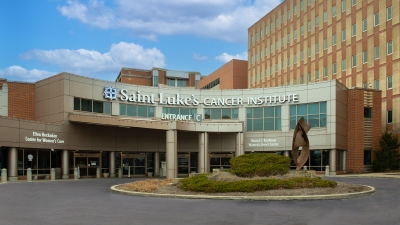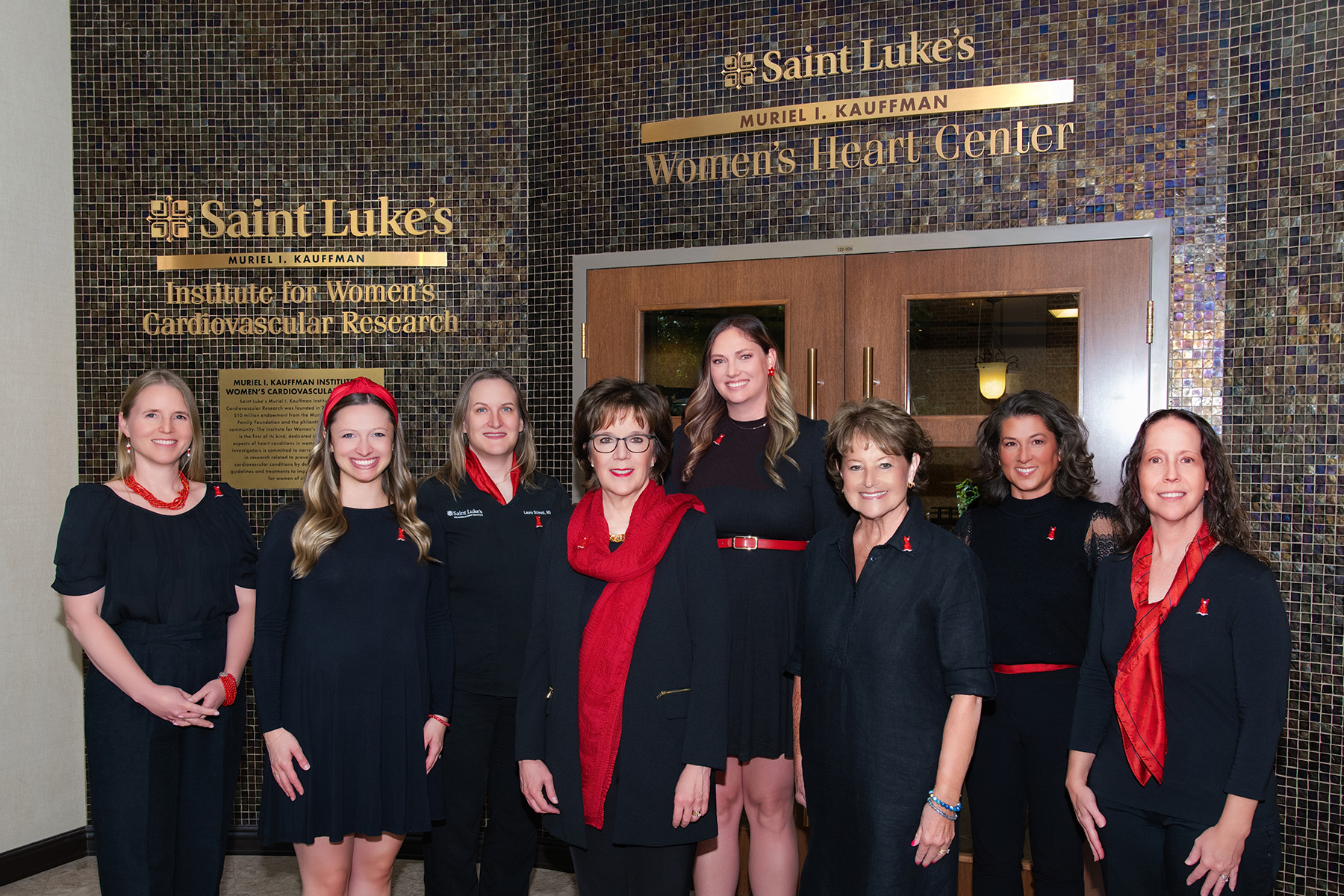Heart Disease in Women
Our cardiologists collaborate with other medical subspecialties to ensure women get the best possible care.
Assessments & Programs
Wellness Assessments
Food As Medicine Everyday
The Red Dress
The Red Scarf
Pathway to Purpose
Location

Saint Luke's Muriel I. Kauffman Women’s Heart Center
4401 Wornall Road
Kansas City,
MO
64111
816-932-5784

Saint Luke's Mid America Heart Institute
4401 Wornall Road
Kansas City,
MO
64111
816-931-1883
Recent News
News
FOX 4: KC Doctors, Mothers Speak Out About Maternal Deaths in Missouri
News
How Pregnant Women With Heart Issues in Kansas City Can Help Moms
News
Saint Luke's Works to Raise Awareness For Women's Heart Health
Patient Stories
Innovative Heart Failure Device Helps Lawrence Woman
News
Cardiologist Helps Raise Awareness for Women's Heart Health
Patient Stories
